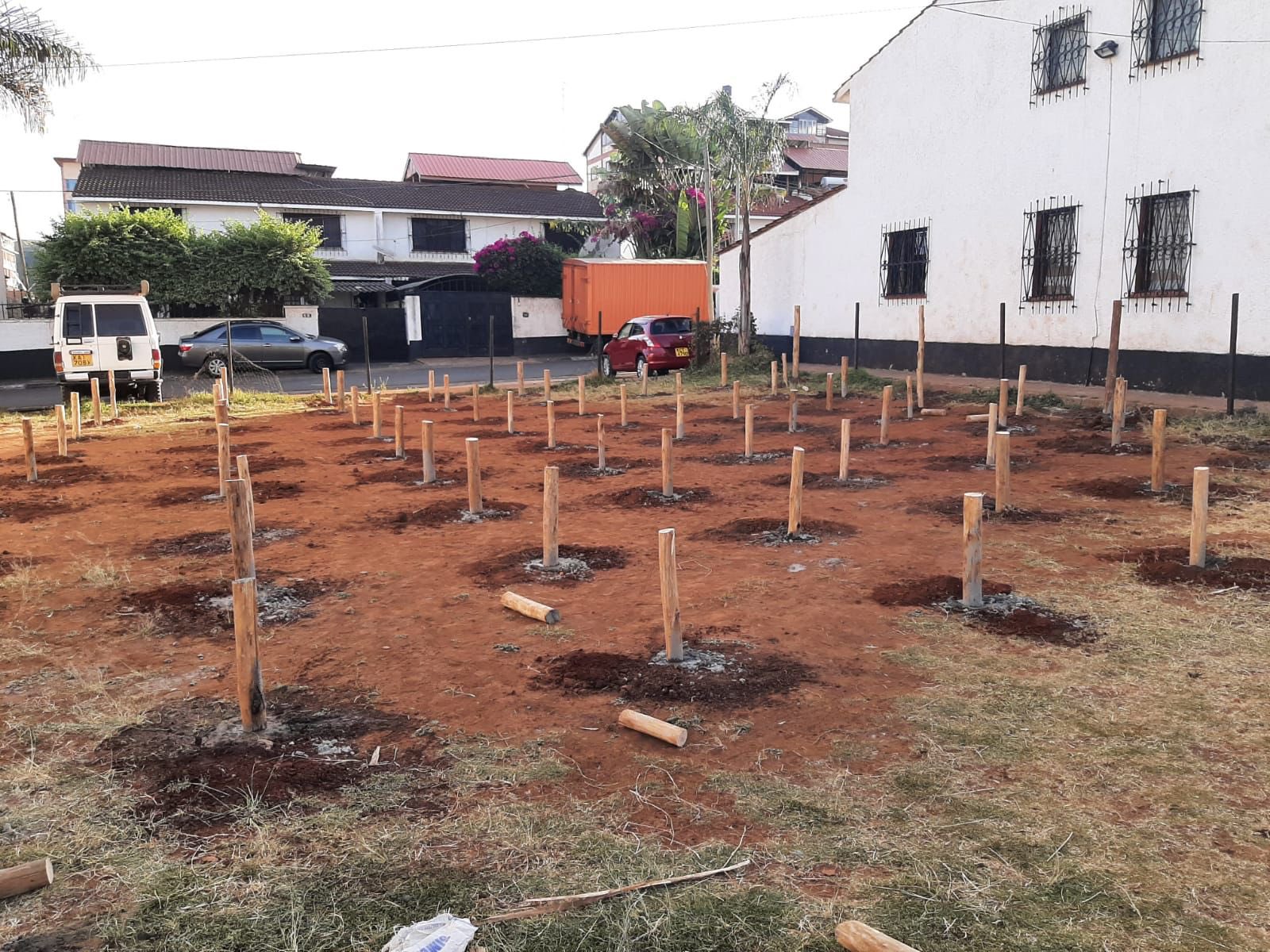Employees at Bio Food Products Ltd, a Dutch-owned company that operates under multiple brands including Macuisine, Highlands, Mawingu, and Maxine Agri, have been issued redundancy notices as part of a company-wide restructuring exercise, a move management has described as necessary for operational realignment, while former staff members have expressed alarm at the abruptness of the process and questioned the fairness of its implementation.

The company communicated that the exercise followed the statutory framework established under Section 40 of the Employment Act, 2007, and outlined that affected employees would receive the legally mandated entitlements, with the additional requirement that company property must be returned prior to issuance of certificates of service, while parallel sessions have been arranged to guide employees on career transition, pension planning, and navigating financial obligations tied to existing banking and savings arrangements.
Internal sources have indicated that prior agreements involving the company, a banking partner and an insurance entity collapsed during the process, transferring the financial burden onto employees who remain uncertain about the timing and completion of their entitlements, and long-serving staff have voiced frustration over the recurring pattern of layoffs followed by rehiring for the same positions, a situation they perceive as deliberately targeting higher-earning personnel while replacing them with less costly recruits.
The redundancy process has reportedly been conducted in a hurried manner, with employees being summoned to receive letters and attend counselling sessions with minimal prior notice, leaving many uncertain about how they will meet financial commitments in the immediate term, while management maintains that all relocation requests and consultations were handled in accordance with organizational protocols.
Pension disbursement arrangements have further complicated the transition, with employees below a certain age allowed only partial access to their contributions, whereas those above the threshold may access the full amounts, a process that is expected to extend over several weeks once all documentation is completed, and staff who secure alternative employment prior to the end of the notice period are permitted to request an early exit with management approval.
The redundancies occur at a time when the Kenyan job market is under pressure and the food manufacturing sector is grappling with elevated production costs, creating a climate of uncertainty that has left affected employees to navigate an unpredictable future while awaiting completion of exit arrangements and severance processing, prompting calls for intervention from the Ministry of Labour to examine the legality and fairness of the process and to protect the rights of Kenyan staff within multinational organizations.
Insider reports have described the management as disorganized and exhibiting favoritism, with human resource operations characterized by opaque decision-making, and claims have emerged that Dutch expatriates receive preferential remuneration compared to equally qualified Kenyan employees, while the company continues to incur expenses on foreign personnel even as staff are asked to manage increased workloads without corresponding compensation, further intensifying dissatisfaction among the workforce.
Employees also allege that long-term loans facilitated by banking institutions were promoted during employment only for staff to be laid off abruptly, complicating their ability to access terminal dues, while changes to pension arrangements have restricted access to retirement savings, creating a cycle in which employees are hired, used, and released in a manner perceived as exploitative, with leadership aware of the consequences yet taking no remedial action.
The unfolding situation at Bio Food Products Ltd illustrates the tensions that can emerge when multinational management decisions intersect with the livelihoods of local employees, leaving a workforce to reconcile abrupt organizational changes with financial obligations and career uncertainty, while calling for transparency and intervention to prevent recurrence of such episodes in the Kenyan corporate landscape.
“Hi Nyakundi. Please keep my identity confidential. I want to bring to your attention serious issues at Bio Food Products Limited, a Dutch-owned company that presents itself as a Kenyan business. The reality is different. Local employees face constant exploitation, and their livelihoods are under threat. Bio Food Products operates behind several names. Macuisine, Highlands (Club Soda), Mawingu, and Maxine Agri, all led by CEO Joachim Westeveld. The leadership is toxic, disorganized, and plagued by favoritism. HR practices are corrupt and lack transparency. The company has carried out three rounds of layoffs in five years, only to rehire soon after, with little justification. There are massive pay gaps between Dutch expatriates and equally qualified Kenyan staff. It is unfair and demoralizing. The redundancy process is a formality. Names are decided in advance, and the process is just for show. Favoritism and tribalism are rampant. Heads of Department retain only those they can control or benefit from. Management claims there are cash-flow problems but overspends on foreign experts and increases the workload for remaining staff, with no pay increases. Employees were encouraged to take long-term I&M Bank loans then laid off abruptly. Now, I&M is withholding their terminal dues. The company replaced the service pay scheme with Zamara GA pensions, making it almost impossible for ex-employees to access their funds. This is a cycle of exploitation. Employees are used, discarded, and replaced. Leadership, including the CEO, Chairman, HR, HODs, and COO, knows exactly what is happening and has done nothing to stop it. Without public scrutiny, this will go on. Kenyans deserve transparency and accountability from Bio Food Products and its affiliated brands. It is time for these issues to be investigated and addressed.”






































